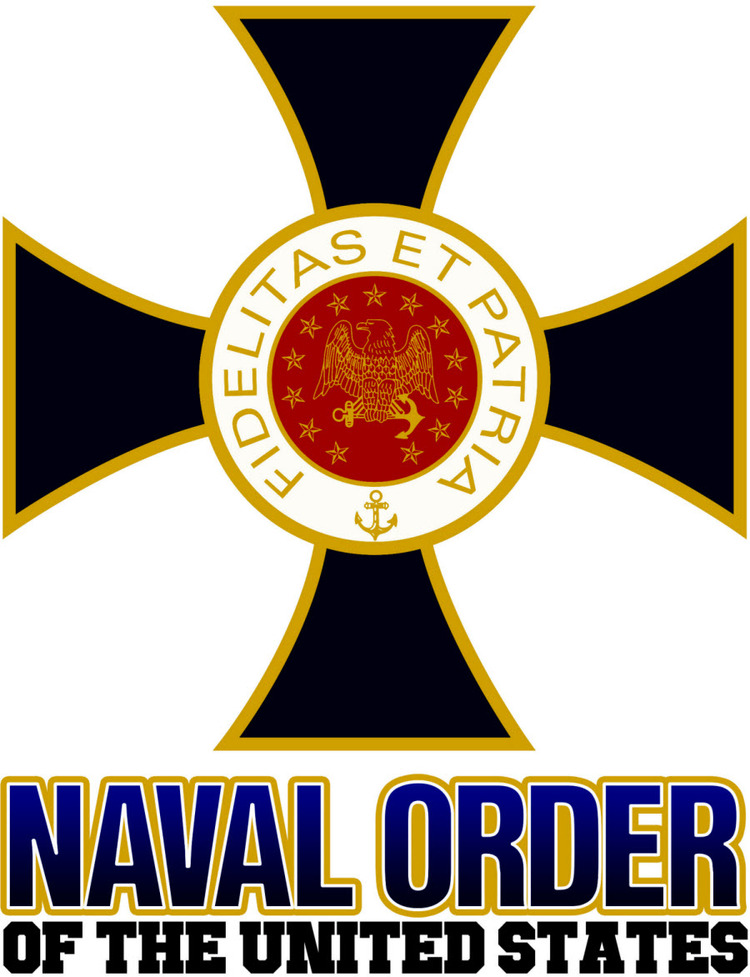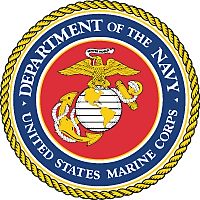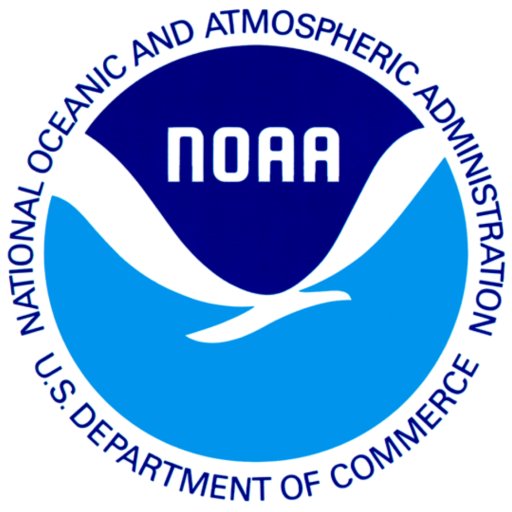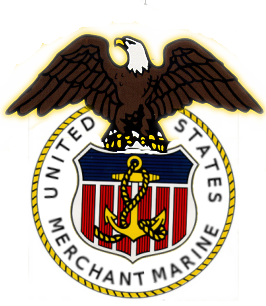
by David F. Winkler
1942 would prove crucial for the United States in the Pacific following the Japanese attack on Pearl Harbor and a series of setbacks in the Southwest. As the first ship commissioned following America's entry into World War II, the light cruiser USS Atlanta would be thrust into the Pacific fight, joining the fleet in time for the pivotal battle of Midway and on to the Guadalcanal campaign in the Southwest Pacific. Embarked was an exceptionally astute observer, Lieutenant Commander Lloyd M. Mustin, who faithfully recorded his thoughts on the conflict in a standard canvas-covered logbook.
Diaries were not supposed to be kept by those serving in the U.S. Navy during World War II, and for good reason. If recovered by the Japanese, they would likely have revealed that the Japanese code had been broken prior to the battle of Midway. Thus, Mustin's diary is a rare day-to-day accounting of the Pacific from a very opinionated mid-grade officer. Beginning with the commissioning of Atlanta at the Brooklyn Navy Yard on Christmas Eve 1941, Mustin covers the ship's workups and her deployment to the Pacific in time for the battle of Midway.
It's then on to the Southwest Pacific, where the ship first engages enemy aircraft at the battle of the Eastern Solomons in late August 1942. Mustin's final entry covers the battle of Santa Cruz in late October 1942. The story is completed by an account of the battle of Guadalcanal and beyond, drawing upon Mustin's oral history. This is a valuable document, fully interpreted to provide a better understanding of the Pacific War during that critical year.
Email: winkler58@msn.com
Publisher: Casemate, 2024
Ordering Info: Casemate. See other works by this NOUS companion here.

by William L. McGee
On 7 August 1942, eight months to the day after the Japanese attack on Pearl Harbor, the U.S. 1st Marine Division landed on the islands of Tulagi and Guadalcanal in the Solomon Islands. Thus was the beginning of the bloody and brutal six month Battle for Guadalcanal. For those who were there, Guadalcanal was not only a name, it was an emotion… recalling desperate fights in the air, furious naval battles during the night, frantic work at supply or construction, savage fighting in the sodden jungle, and nights broken by screaming bombs and deafening explosions of naval shells.
Under one cover, WWII military historian William L. McGee details all the campaigns fought in the Southern, Central and Northern Solomons—from Guadalcanal to Bougainville—and then summarizes the valuable lessons learned from these bloody battles.
“There is enough gripping drama, heroism, and heartbreak in McGee’s almost encyclopedic The Solomons Campaigns to supply Hollywood with material for a century.” –Marine Corps League Magazine
“A World War II navy veteran and prolific author, McGee has written the second of a three-volume set that will form a definitive account of naval, sea, and land operations in the South Pacific.” –Library Journal
William L. McGee's (1925–) writing career has spanned six decades. He has written 22 books, including five World War II military histories. Pacific Express: The Critical Role of Military Logistics in World War II is on the Marine Corps Commandant’s Professional Reading List as required reading on Logistics. For a complete list of books by the author, visit www.WilliamMcGeeBooks.com.
Email: mcgeebmc@aol.com
Publisher: BMC Publications, 2001
Ordering Info: Amazon


by David F. Winkler
1942 would prove crucial for the United States in the Pacific following the Japanese attack on Pearl Harbor and a series of setbacks in the Southwest. As the first ship commissioned following America's entry into World War II, the light cruiser USS Atlanta would be thrust into the Pacific fight, joining the fleet in time for the pivotal battle of Midway and on to the Guadalcanal campaign in the Southwest Pacific. Embarked was an exceptionally astute observer, Lieutenant Commander Lloyd M. Mustin, who faithfully recorded his thoughts on the conflict in a standard canvas-covered logbook.
Diaries were not supposed to be kept by those serving in the U.S. Navy during World War II, and for good reason. If recovered by the Japanese, they would likely have revealed that the Japanese code had been broken prior to the battle of Midway. Thus, Mustin's diary is a rare day-to-day accounting of the Pacific from a very opinionated mid-grade officer. Beginning with the commissioning of Atlanta at the Brooklyn Navy Yard on Christmas Eve 1941, Mustin covers the ship's workups and her deployment to the Pacific in time for the battle of Midway.
It's then on to the Southwest Pacific, where the ship first engages enemy aircraft at the battle of the Eastern Solomons in late August 1942. Mustin's final entry covers the battle of Santa Cruz in late October 1942. The story is completed by an account of the battle of Guadalcanal and beyond, drawing upon Mustin's oral history. This is a valuable document, fully interpreted to provide a better understanding of the Pacific War during that critical year.
Email: winkler58@msn.com
Publisher: Casemate, 2024
Ordering Info: Casemate. See other works by this NOUS companion here.
by William L. McGee
On 7 August 1942, eight months to the day after the Japanese attack on Pearl Harbor, the U.S. 1st Marine Division landed on the islands of Tulagi and Guadalcanal in the Solomon Islands. Thus was the beginning of the bloody and brutal six month Battle for Guadalcanal. For those who were there, Guadalcanal was not only a name, it was an emotion… recalling desperate fights in the air, furious naval battles during the night, frantic work at supply or construction, savage fighting in the sodden jungle, and nights broken by screaming bombs and deafening explosions of naval shells.
Under one cover, WWII military historian William L. McGee details all the campaigns fought in the Southern, Central and Northern Solomons—from Guadalcanal to Bougainville—and then summarizes the valuable lessons learned from these bloody battles.
“There is enough gripping drama, heroism, and heartbreak in McGee’s almost encyclopedic The Solomons Campaigns to supply Hollywood with material for a century.” –Marine Corps League Magazine
“A World War II navy veteran and prolific author, McGee has written the second of a three-volume set that will form a definitive account of naval, sea, and land operations in the South Pacific.” –Library Journal
William L. McGee's (1925–) writing career has spanned six decades. He has written 22 books, including five World War II military histories. Pacific Express: The Critical Role of Military Logistics in World War II is on the Marine Corps Commandant’s Professional Reading List as required reading on Logistics. For a complete list of books by the author, visit www.WilliamMcGeeBooks.com.
Email: mcgeebmc@aol.com
Publisher: BMC Publications, 2001
Ordering Info: Amazon






